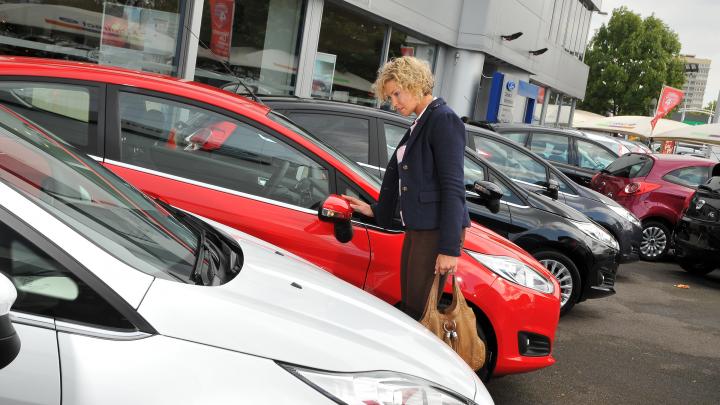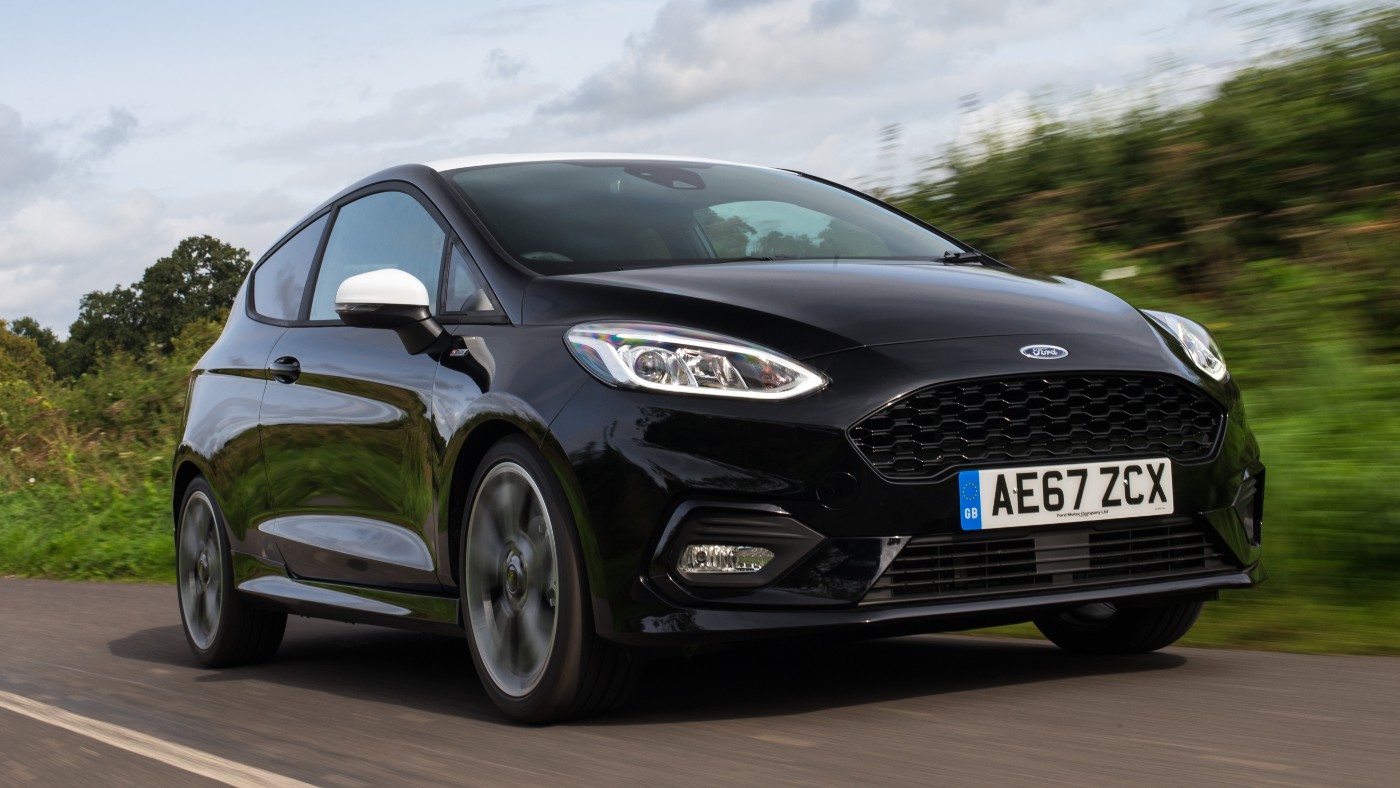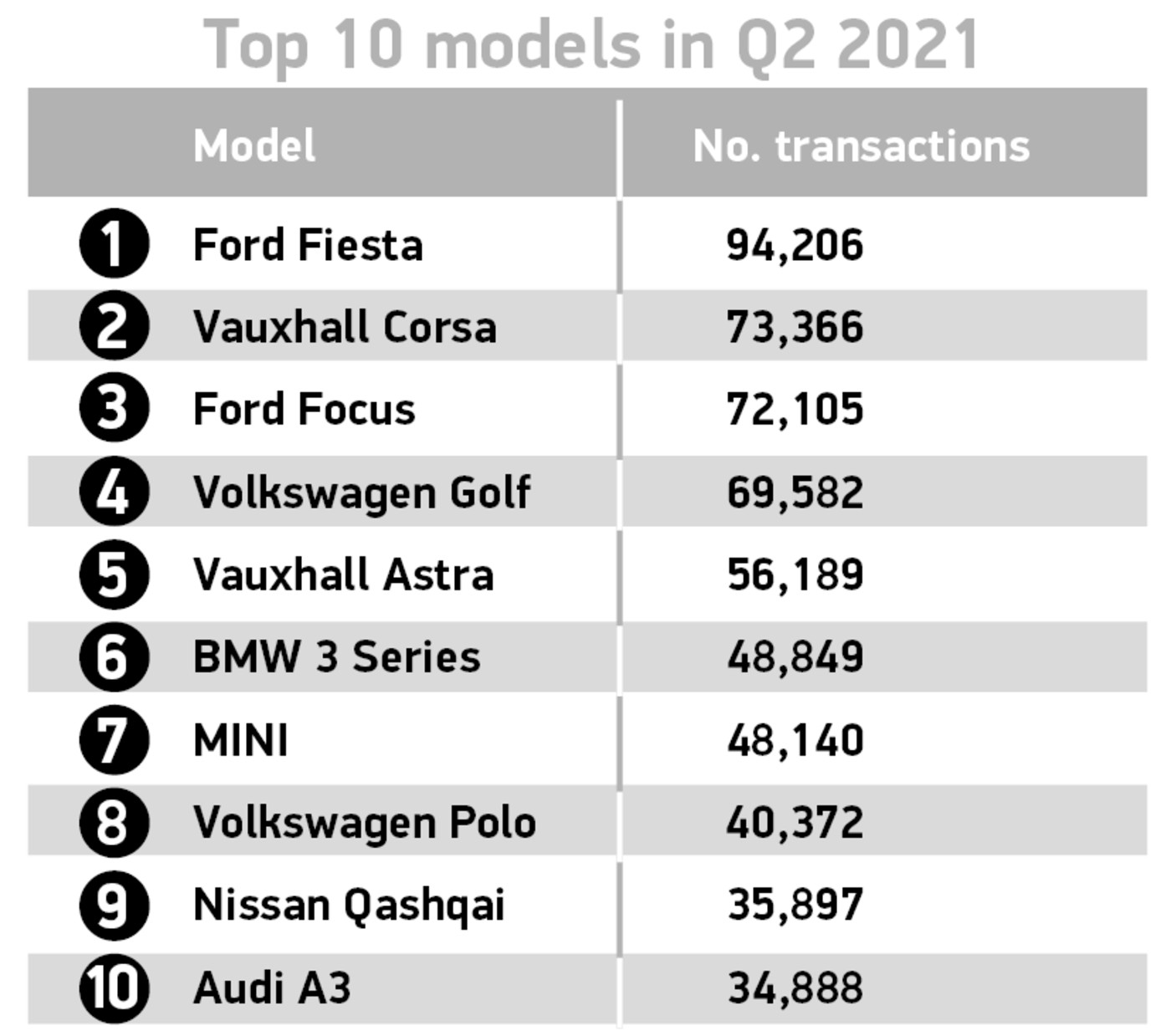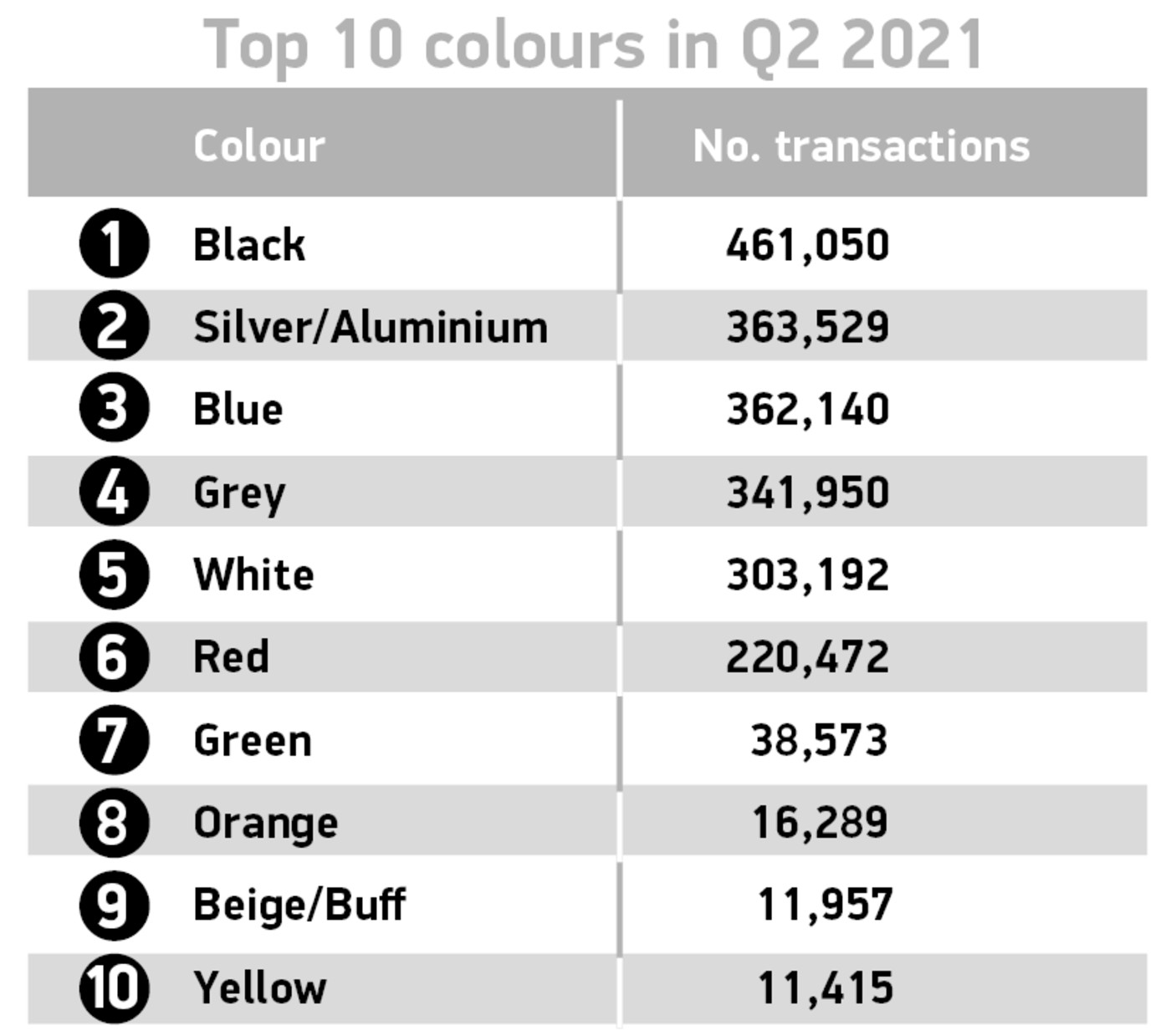What are the top ten best-selling used cars in the UK?
Lack of new models due to global chip shortage drives 2.16m sales of second-hand cars in record second quarter

A free daily email with the biggest news stories of the day – and the best features from TheWeek.com
You are now subscribed
Your newsletter sign-up was successful
Second-hand car sales in the UK hit 2,167,504 units in the second quarter of 2021 - an increase of 108.6% year-on-year, according to data released by the Society of Motor Manufacturers and Traders (SMMT).
Up 6.6% on 2019 pre-pandemic levels, it was the “best Q2 performance and almost the best quarter ever for the used car market”, the motor industry trade body said. April saw growth of 307.4%, followed by the best May and June since records began.
The increase in used car sales was driven by a number of factors. Sales were “lifted by pent-up demand as lockdown restrictions eased”, the FT reports. And the global chip shortage “constricted the supply of new cars but boosted purchases of used vehicles”.
The Week
Escape your echo chamber. Get the facts behind the news, plus analysis from multiple perspectives.

Sign up for The Week's Free Newsletters
From our morning news briefing to a weekly Good News Newsletter, get the best of The Week delivered directly to your inbox.
From our morning news briefing to a weekly Good News Newsletter, get the best of The Week delivered directly to your inbox.
Year to date, the rebound in Q2 has pushed the used car market up 33.3% to 3,855,259 units over the first half of the year, the SMMT said. However, this remains -4.9% or almost 200,000 units off the 2019 market.
“This is welcome news for the used car market as transactions rebounded following nationwide lockdowns which closed retailers,” said Mike Hawes, SMMT chief executive. “More motorists are turning to used cars as supply shortages continue to affect the new car market, and the increased need for personal mobility with people remaining wary of public transport as they return to work.”
New car sales slump
Last year, new car sales in the UK “plunged by almost a third to less than 2m”, The Telegraph reports. This marked the worst annual fall since the Second World War.
A free daily email with the biggest news stories of the day – and the best features from TheWeek.com
The new car market suffered its worst July since 1998 with a number of manufacturers forced to halt production as they do not have the essential chips to build vehicles.
The Telegraph says this has “driven up the price of used cars for an unprecedented four months running” and there are “fears within the industry that the semiconductor shortage could last well into next year”.
Daksh Gupta, chief executive of Marshall Motors, told the BBC Radio 4 Today programme that the company had seen “exceptional market tailwinds in the used car market” as the shortage of computer chips reduced the numbers of new cars on the market. “Ultimately what that has done is push used car prices up significantly,” he said. “We expect this disruption to go well into 2022.”

Ford Fiesta tops the used car table
If you bought a used car in the second quarter of this year “the odds are that it is a black Ford Fiesta”, Yahoo Finance says.
Ford Fiestas were the most popular used car in Q2 with 94,206 sales, according to the SMMT. Vauxhall Corsa was second with 73,366 units sold, followed by the Ford Focus (72,105), the Volkswagen Golf (69,582), and the Vauxhall Astra (56,189).
The SMMT data also revealed that of the 2,167,504 vehicles sold in Q2, black was the most popular colour with 461,050 sold. The second most popular colour was silver, followed by blue, grey, white, red and green.


-
 Local elections 2026: where are they and who is expected to win?
Local elections 2026: where are they and who is expected to win?The Explainer Labour is braced for heavy losses and U-turn on postponing some council elections hasn’t helped the party’s prospects
-
 6 of the world’s most accessible destinations
6 of the world’s most accessible destinationsThe Week Recommends Experience all of Berlin, Singapore and Sydney
-
 How the FCC’s ‘equal time’ rule works
How the FCC’s ‘equal time’ rule worksIn the Spotlight The law is at the heart of the Colbert-CBS conflict